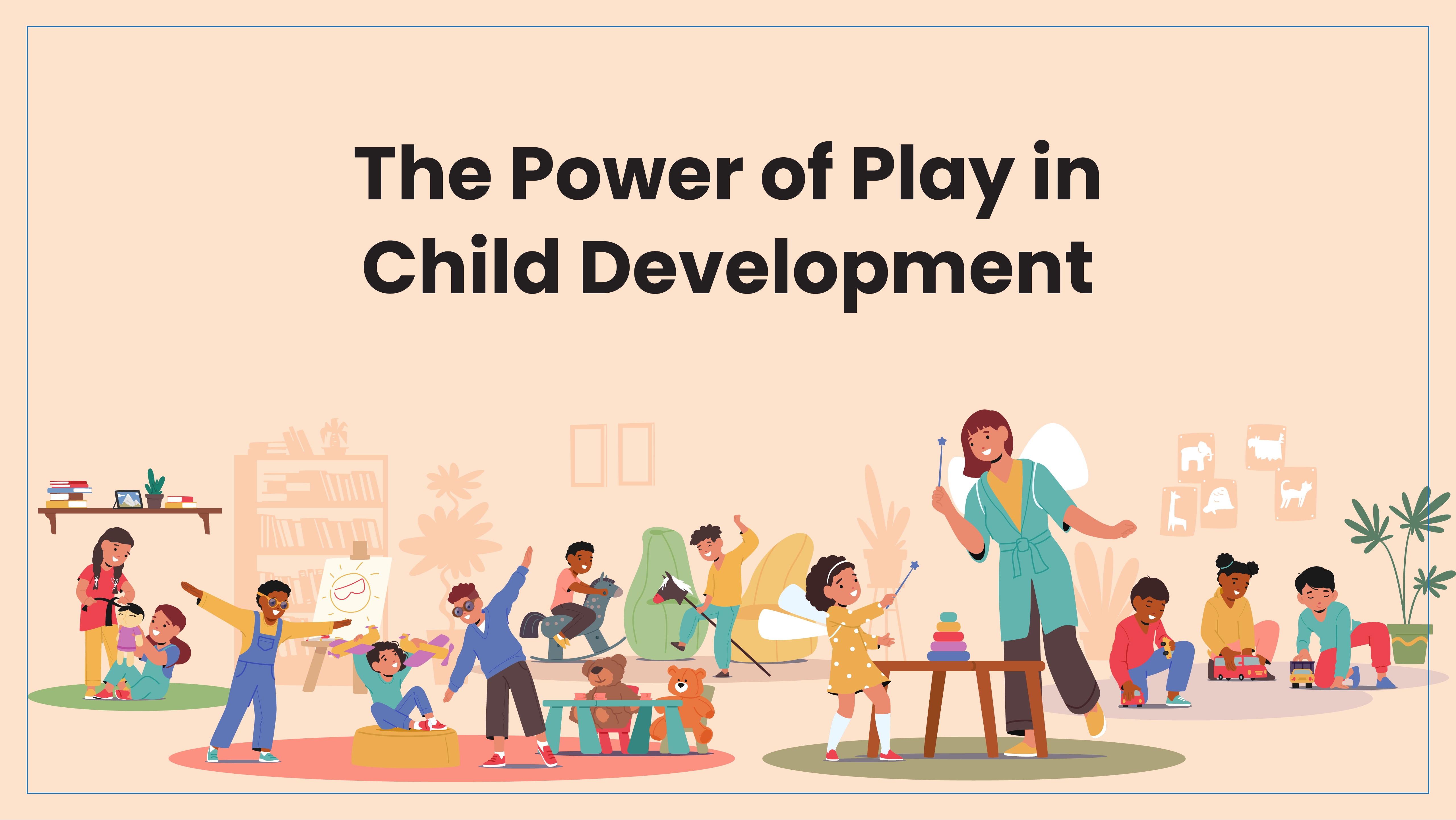In today’s fast-paced world, the importance of play in child development is often overlooked. Yet, the power of play cannot be underestimated when it comes to fostering the holistic growth of children. Play is not merely a leisure activity; it is a vital component of healthy development that impacts physical, cognitive, social, and emotional well-being.
1. Cognitive Development: The power of play extends significantly into cognitive development. When children engage in play, they explore their environment, experiment with new ideas, and solve problems. This type of exploration stimulates brain development and enhances cognitive abilities. For instance, building with blocks helps children understand spatial relationships, while playing board games fosters critical thinking and strategic planning. Play also encourages creativity and imagination, allowing children to develop their own narratives and scenarios.
2. Social Development: Play is a cornerstone of social development, teaching children how to interact with others, share, take turns, and resolve conflicts. Through play, children learn about cooperation and teamwork, essential skills for successful social interactions. Group play scenarios, such as playing house or school, allow children to practice social roles and norms, enhancing their understanding of the social world around them. Additionally, play provides opportunities for children to develop empathy and emotional intelligence by understanding the perspectives and feelings of their peers.
3. Emotional Development: The emotional benefits of play are profound. Play allows children to express their emotions in a safe and supportive environment. It helps them cope with stress, process experiences, and build resilience. Through imaginative play, children can explore different scenarios and outcomes, helping them understand and manage their emotions. Play also provides a sense of joy and satisfaction, which is crucial for emotional well-being.
4. Physical Development: Play is fundamental to physical development in children. Through active play, children build and refine their motor skills, coordination, and overall physical fitness. Activities such as running, jumping, climbing, and playing sports help strengthen muscles, enhance balance, and improve cardiovascular health. Moreover, regular physical activity through play reduces the risk of childhood obesity and related health issues, setting the stage for a healthy lifestyle.
5. Play and Language Development: Language development is another area where the power of play is evident. When children engage in play, they often use language to communicate with their peers, negotiate rules, and tell stories. This interaction promotes vocabulary growth, improves conversational skills, and enhances comprehension. Role-playing games, in particular, are beneficial as they encourage children to use complex sentences and expand their linguistic abilities.
6. The Role of Adults in Facilitating Play: Adults play a critical role in facilitating and encouraging play. Parents, caregivers, and educators create environments that stimulate and support various types of play. Providing children with a variety of toys and materials, both structured and unstructured, enhances their play experiences. It is also important for adults to participate in play with children, as this strengthens bonds and provides guidance on social norms and problem-solving techniques.
7. The Importance of Unstructured Play: While structured activities like sports and organised games are beneficial, unstructured play is equally important. Unstructured play is a fundamental necessity for children to thrive physically, emotionally, mentally, and socially, allows children the freedom to explore, imagine, and create at their own pace. This type of play is child-directed and can lead to unique learning experiences. Unstructured play fosters independence, initiative, and the ability to entertain oneself, which are valuable life skills.
The power of play in child development is undeniable. Play is not just a frivolous activity; it is a critical component of growth that touches every aspect of a child’s development. From physical health to cognitive abilities, social skills, and emotional resilience, play provides a foundation for lifelong learning and well-being. By recognising and promoting the importance of play, we ensure that children grow into well-rounded, healthy, and happy individuals.


Stay connected, stay informed, and thrive with Narayana Educational Institutions!

It will really helpful to me ,while teaching .
Thanks ,Team Narayana.
Playing is same as education.The same value of play and study in Students Life.
Nice 👍
Good